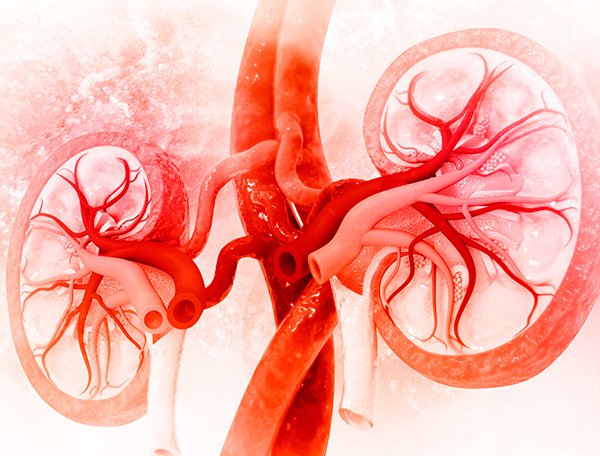


clinical research
Identifying and Reducing Risks in HIV-Positive Lung Transplant Recipients
Identifying and Reducing Risks in HIV-Positive Lung Transplant Recipients
Irreversible complications in the lungs of HIV-positive patients for whom transplants are the only curative solution remain a challenge.
However, lung transplantation in HIV-positive patients is under-studied compared to kidney or liver transplants, resulting in limited understanding of potential complications and outcomes. To address these knowledge gaps, Assistant Professor of Clinical Medicine Ahmad Goodarzi, MD, published a case series in the Journal of Clinical and Translational Research.
This three-patient case series contributes to the growing literature indicating that lung transplants in HIV-positive patients are feasible; however, careful modification of immunosuppression and close monitoring of post-operative complications is essential.

Ahmad Goodarzi, MD
“Immunosuppression is crucial for reducing transplant rejection risk, but balance is key; suppressing the immune system too much can reactivate HIV in the blood,” explained Goodarzi, noting that all three patients had undetectable or low viral loads prior to surgery.
After their transplants, patients continued their pre-transplant HIV medications and maintained low to undetectable viral loads. Despite this careful regimen, two patients experienced acute cellular rejection within the first year of transplantation. However, this outcome wasn’t surprising given existing studies suggesting that HIV-positive patients have a higher risk of this condition occurring within the first year. Through early detection, researchers demonstrated that acute cellular rejection could be treated without long-term health impacts.
Although the transplants and learning outcomes were considered successful in this case series, Goodarzi remains puzzled by one finding that may open the door to future research. Prior to transplant surgery, patients and donors are crossmatched for compatibility via blood samples. One crossmatch in the case series tested positive, which would usually indicate the presence of donor-specific antibodies that may cause adverse reactions in the transplant recipient, but no donor-specific antibodies were present in the sample.
Positive crossmatches would usually bring surgery plans to a halt; however, the patient was allowed to proceed with the transplant.
“Based on prior research, we believe the positive crossmatch to be a result of antibodies associated with the patient's HIV status,” Goodarzi explained.
“Studies suggest that when blood cell cultures are prepared with certain enzymes, HIV antibodies can bind to the donor tissue, causing a false positive result.”

Patients with HIV and end-stage lung disease should know that there’s still hope.

Ahmad Goodarzi, MD
Assistant Professor of Clinical Medicine
Goodarzi remains unsure of the significance of this positive crossmatch and hopes to investigate further. Additionally, he hopes to explore the potential patient benefits of individualized immunosuppression—rather than standardized protocols—citing improved long-term outcomes and lower rates of acute cellular rejection.
Overall, the case series confirms findings from previous research while identifying and clarifying how to reduce risks in this vulnerable patient sub-group.
“Patients with HIV and end-stage lung disease should know that there’s still hope,” Goodarzi concluded.
Paulamy Ganguly, Ramya Varadarajan, Max W. Adelman, Priya Arunachalam Simon Yau,
Jihad G. Youssef, Ahmad Goodarzi
Callie Rainosek Wren, MS
May 2025
Related Articles







